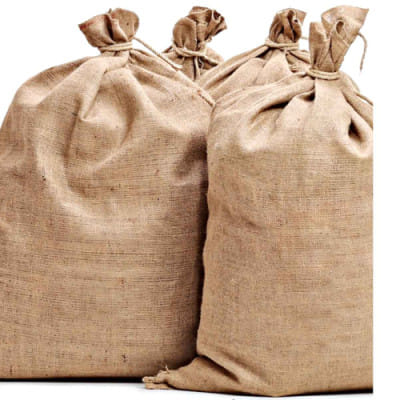Govt will now buy all jute bags from private sources

The government has decided to buy 50 per cent of jute bags and sacks from private manufacturers and the rest from traders following the closure of the mills under the Bangladesh Jute Mills Corporation (BJMC).
The textiles and jute ministry issued a circular to this effect on December 6.
In January 2014, the government had made it mandatory to source half of the jute bags and sacks for the packaging of paddy, rice, wheat and fertiliser from the jute mills run by the BJMC and the rest from private sources. But the government shut all of the 25 jute mills of the BJMC in July to get rid of continuous losses. The corporation used to supply half of the jute bags and sacks used by the food department and the Bangladesh Chemical Industries Corporation.
The latest decision came at a meeting at the textiles and jute ministry on December 2. Lokman Hossain Miah, textiles and jute secretary, presided over the meeting.
The government purchases bags and sacks from manufacturers as well as traders. As a result, it has become difficult to ensure the quality of the vast number of sacks being bought, said a representative from the Central Procurement Technical Unit (CPTU), according to the meeting minutes.
The representative said half of the sacks could be bought from manufacturers, and the rest from the traders.
It is not possible to buy sacks from the manufacturers alone as per the order of the textiles and jute ministry, said a food ministry representative.
A number of officials at the meeting had called for amending the circular.
The textiles and jute secretary also backed the opinion of the CPTU.
"This will ensure the interests of the manufacturers and traders," he said.
According to the Mandatory Jute Packaging Act 2010, which came into effect in 2014, jute bags and sacks have to be used for the packaging of 19 grains and items such as rice, paddy, wheat, maize, fertiliser, sugar, chilli, turmeric, onion, garlic, ginger, lentil, potato, coriander, flour, coarse flour, poultry and fish feeds.
In Bangladesh, the annual demand for jute bags and sacks is 195.65 crore pieces, the jute department said.

 For all latest news, follow The Daily Star's Google News channel.
For all latest news, follow The Daily Star's Google News channel. 



Comments